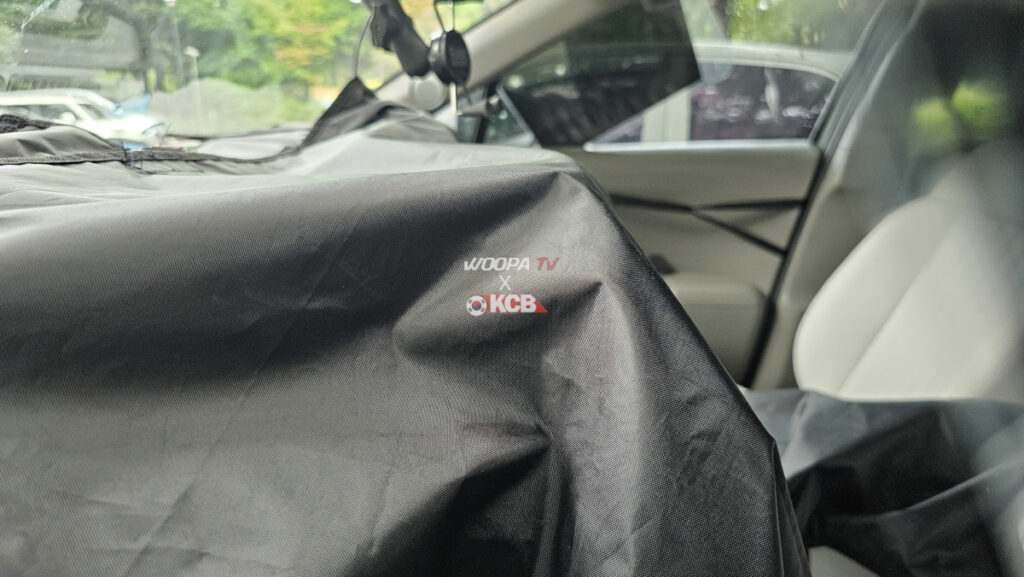A few days ago, we shared the first spy pictures of the next-generation Hyundai Tucson, known internally as NX5, which represents the fifth generation of Hyundai’s mid-sized SUV. Now, our colleagues at Gotcha Cars have created a rendering that is estimated to reflect 90% of the final production model. What do you think?
Despite the initial thoughts that the design language would merge a strong, sculpted appearance with retro-inspired elements, drawing visual cues from the iconic Hyundai N Vision 74 concept and, more recently, the Hyundai NEXO, this is finally not happening, and the new Tucson will premiere a new design language.
Futuristic Interior with Pleos OS and AI Integration


A new IT center screen with Pleos Connect System has been applied to the new Tucson Source: Woopa TV
Inside, the 2026 Tucson will set new standards for digital experiences with the debut of Hyundai’s new Pleos OS. This advanced operating system will be showcased on a wide 16:9 display and feature a clean, smartphone-like user interface. The Pleos Playground store will provide access to a wide variety of apps, giving drivers and passengers a fully connected in-car experience.
A major tech leap comes with the inclusion of Level 2.5 autonomous driving capabilities, making the Tucson smarter and safer. Hyundai will also integrate its new AI assistant, “Gleo,” delivering a ChatGPT-like conversational interface to support voice commands, navigation, and infotainment tasks with natural interactions.
Hybrid and Plug-in Hybrid Only: No More Diesel
In line with Hyundai’s commitment to sustainability, the new Tucson will eliminate diesel options entirely. Instead, the SUV will focus on hybrid and plug-in hybrid (PHEV) powertrains. The PHEV variant is particularly noteworthy, targeting an impressive 100km of all-electric driving range, making it ideal for urban commutes and short trips with zero emissions.
Release Date and Estimated Price
Hyundai plans to release the NX5 Tucson around the third quarter of 2026, possibly alongside the new Avante. With its shift to electrified powertrains, the starting price is expected to be around 34 million won (around US $24,000) assuming a hybrid-only lineup.

